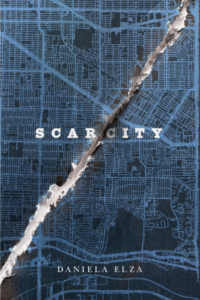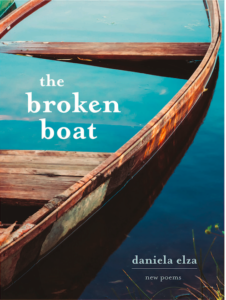if not schools, then what?
Posted by Daniela Elza on Oct 13 2009
To use a catch phrase one hears a lot these days: has school as an institution gotten too big to fail? More importantly at whose expense do we keep it going?
My Dethe put up a longish piece on Schools of the Future he has been thinking about for a while. I like the way he pulls things in from different areas of our lives. Well worth the read. There are a lot of bits I would like to quote, but will let you find your favourites.
So much of our efforts in Education programs in the academy are focused on coming up with the perfect recipe. And not just for one locale, but a generic one, valid for every place. Is there such a recipe? Could there be such a theory? And if we come up with one, which I doubt because that grates against the amazing diversity of life and thought on the planet, will that have stripped learning off its essence?
Most of time I spent in school I did stuff without knowing why I was doing it. And then when I finally found my passion, and interest, and knew what I was doing, school was there to tell me to do something else or to do what I was doing differently or otherwise.
Robert Bringhurst refers to learning as a vocation, and a very fundamental one at that. I have not met one kid who is not interested in learning. It is when you asked them about school that most are not excited about. So what does school do to our vocation to learn? “Institutions—including universities, when managers get hold of them—have a strange way of smothering and muffling vocations and reducing them to fragments. Those fragments of vocations are called jobs.” (Bringhurst, from The Tree of Meaning, p.49) In the next paragraph Bringhurst describes something very important to the way we find out what we deeply care about:
“In the beginning, a vocation isn’t much. Just perhaps a nagging interest that blossoms as habitual attention. It matures into continuous, compassionate, active, multivalent curiosity. Curiosity like that has a peculiar side-effect. It produces, over time, a sense of intellectual responsibility. And that produces in its turn a non-conforming and non-confining sense of identity. In other words, it is whole. A job is always a fragment. Vocation is a whole.”
To me this speaks to the teacher’s vocation. But the teacher herself has to know this process and have midfully followed this blossoming in order to guide a child through it.
I still suspect good teachers are not made in school (there are exceptions to every rule, of course). I promised myself I will never be a teacher, because I did not like a lot of what I was seeing teachers do. Then, I became one because I though that maybe that is what is needed. Teachers who are passionate about teaching and see their students as the potentials they are. And that was fun.
What I noticed then was that it did not matter what I was teaching. That just happened to be the excuse we got together in the classroom for, and justified having the building, and janitors to clean up after us. Somewhere in the midst of this exchange of “facts” and “homework” we were exchanging way more important information. And that you cannot put in a recipe, yet no class is healthy without it. That presence is what I remember the most in the teachers I admired. Their commitment to themselves, and their students, tending toward something whole. A quality that gelled the bits and pieces we were shuffling together. Something much bigger than our classroom.
I will finish with a quote by Bringhurst:
“We are born questions. Culture is the thin, but lovely web of answers we keep spinning for ourselves. Yet, the questions are still there—and when we start to hear them clearly what we hear is our vocation. A vocation is a call, but the call is not a command; it is a question.”
And that for me is poetry.





